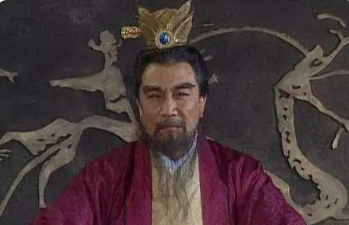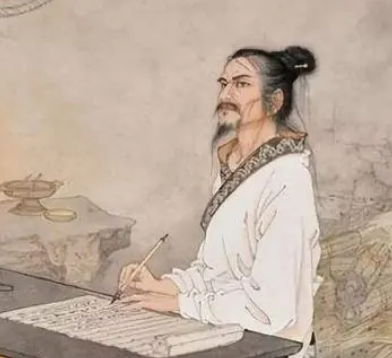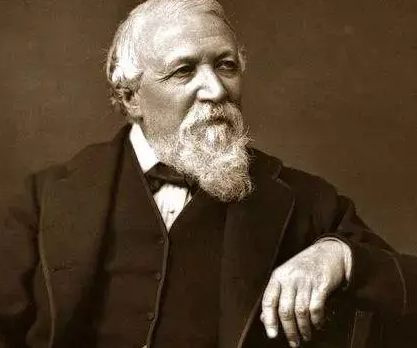In the political system of ancient China, the prince and the prime minister represented different symbols of power. As members of the royal family, the princes and the prime minister, the highest administrative official in the court, had complex changes and comparisons in their power and status in different historical periods. This article will explore the comparison of power status between the prince and the prime minister.

I. The Power and Status of the Prince
The prince usually refers to the direct blood relative of the emperor. They rank second only to the emperor in social status and enjoy certain honors and privileges. In some dynasties, especially when the crown prince is young or the throne is vacant, the prince may be given the power to regent. However, due to the potential threat to the throne, their actual political power is often subject to strict restrictions and monitoring.
II. The Power and Status of the Prime Minister
As the highest administrative official in the government, the prime minister is one of the most powerful officials in the court. He is responsible for the daily administrative management of the country, formulating policies, handling government affairs, and commanding the army under the authorization of the emperor. The status and power of the prime minister vary with different dynasties and individual abilities, but overall they are the actual holders of power below the emperor.
III. The Art of Power Balance
In an ideal state, the prince and the prime minister should balance each other and maintain national stability. As representatives of the royal family, the existence of the prince itself is a support for the authority of the emperor. The prime minister, on the other hand, needs to maintain his status in the court through his own talents and efforts. There should be a subtle balance between the two to prevent any party from having too much power and threatening the overall interests of the country.
IV. Conclusion
Overall, although the prince is higher in status than the prime minister, in practice, the prime minister often has greater actual power. This difference reflects the careful design of power distribution and checks and balances in the ancient Chinese political system. However, this balance of power is not always stable, and there have been coups and unrest caused by power struggles between princes and prime ministers in history. Therefore, the comparison of power status between the prince and the prime minister is not static but constantly evolving with the historical process and changes in political situations.
Disclaimer: The above content is sourced from the internet and the copyright belongs to the original author. If there is any infringement of your original copyright, please inform us and we will delete the relevant content as soon as possible.
































